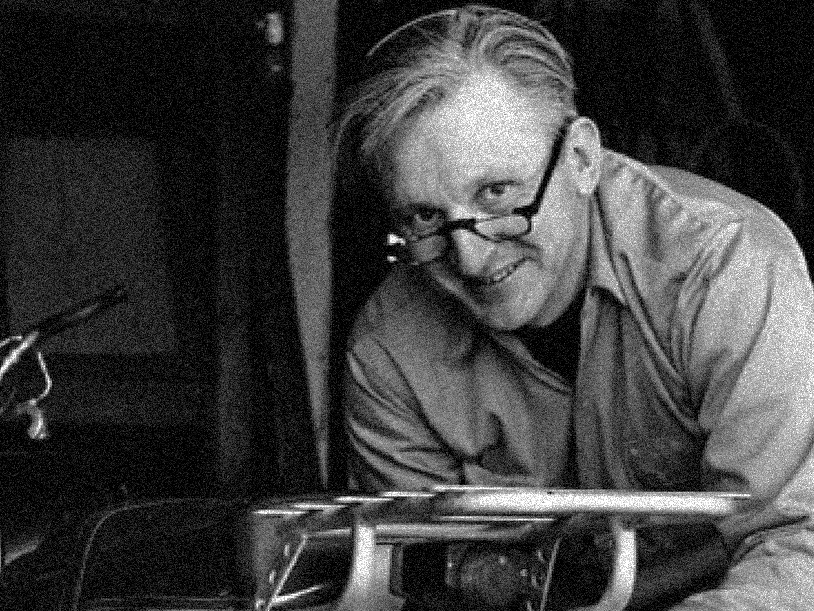Robert Maynard Pirsig (/ˈpɜːrsɪɡ/; September 6, 1928 – April 24, 2017) was an American writer and philosopher. He is the author of the philosophical books Zen and the Art of Motorcycle Maintenance: An Inquiry into Values (1974) and Lila: An Inquiry into Morals (1991), and he co-authored On Quality: An Inquiry Into Excellence: Selected and Unpublished Writings (2022) along with his wife and editor, Wendy Pirsig

In Zen and the Art of Motorcycle Maintenance, Pirsig introduces his concept of "Quality," which he positions as a fundamental force that precedes both subjects and objects in our experience of reality. The book explores this through parallel narratives:
- A motorcycle journey with his son
- His philosophical investigation into Quality
- His previous life as "Phaedrus" before undergoing electroconvulsive therapy
The key principle is that Quality isn't something that can be strictly defined, but rather something that we directly experience and recognize. Pirsig argues that Quality is the initial moment of awareness before we intellectually break experience down into subject and object.
He contrasts two approaches to life and technology:
- The "romantic" mode that focuses on immediate aesthetic experience
- The "classical" mode that emphasizes underlying form and function
The maintenance of motorcycles serves as a practical metaphor for engaging with both modes and achieving what he calls "Quality."
In Lila, Pirsig expands his metaphysics of Quality into a broader moral framework. He introduces the concept of "static" versus "dynamic" quality:
- Static Quality represents established patterns and forms (like scientific laws, social customs, biological patterns)
- Dynamic Quality is the force of immediate experience that drives evolution and change
He proposes a hierarchy of moral value based on patterns of evolution:
- Inorganic patterns
- Biological patterns
- Social patterns
- Intellectual patterns
Each level builds on and transcends the previous ones, but all are expressions of Quality. The book argues that moral choices should be evaluated based on whether they promote the evolution of these patterns toward higher levels of organization.
The overarching principle in both books is that Quality or "excellence" isn't just a subjective judgment but rather a fundamental aspect of reality itself - perhaps the most fundamental. Pirsig suggests this provides a basis for both practical judgment (as in motorcycle maintenance) and moral reasoning (as in human relationships and social evolution).

